- 0086-571-85302990
- sales@greenskybio.com
What is konjac powder and why use it on the skin?
2024-11-13

1. Introduction to Konjac Powder
Konjac Powder is a remarkable natural substance that has been gaining popularity in the realm of skincare. It is obtained from the konjac plant, which is native to parts of Asia. Konjac plants have a long history of use in traditional medicine and cuisine in countries like Japan and China. The powder is made by processing different parts of the konjac plant, typically the tuber.
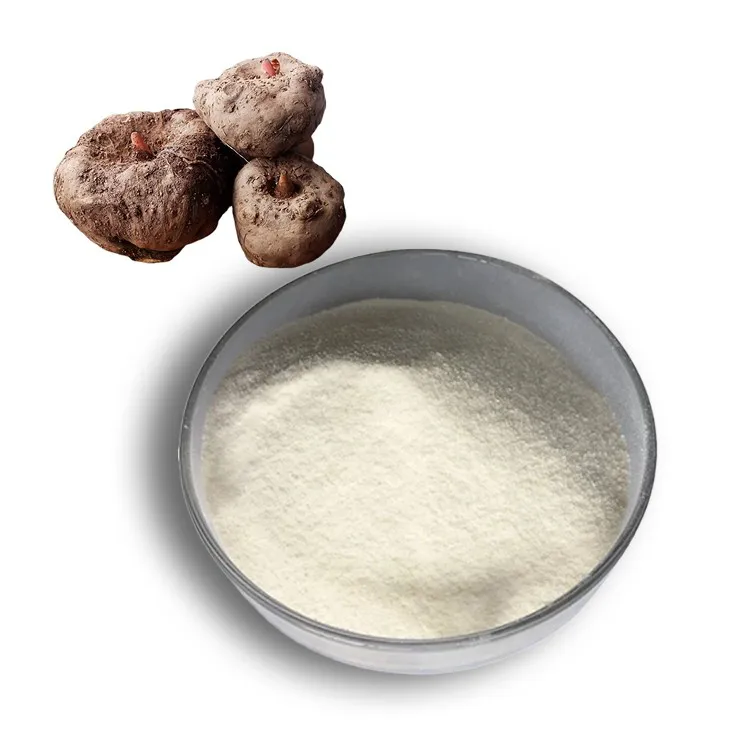
2. Composition of Konjac Powder
The key component of konjac powder is glucomannan. Glucomannan is a type of polysaccharide, which is a complex carbohydrate. It makes up a significant portion of the konjac powder's composition. In addition to glucomannan, konjac powder may also contain small amounts of other substances such as minerals and trace elements that are naturally present in the konjac plant.
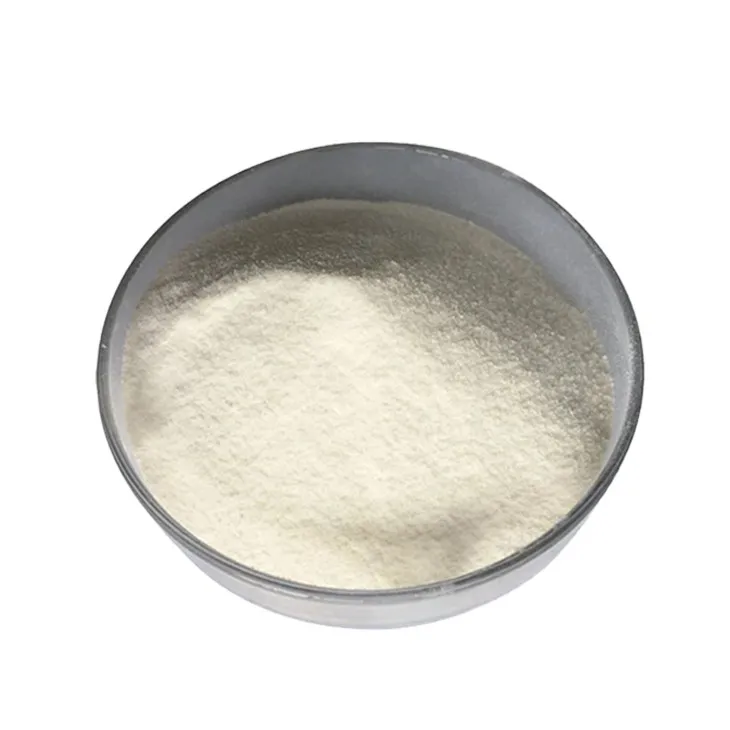
3. Benefits of Konjac Powder for the Skin
3.1. Hydration
One of the most important benefits of konjac powder for the skin is its ability to provide hydration. As mentioned earlier, glucomannan can form a film on the skin. This film acts like a protective barrier that locks in moisture. When applied to the skin, konjac - based products can help prevent water loss from the skin's surface. This is especially beneficial for those with dry skin, as it can keep the skin feeling soft and supple. In a world where environmental factors such as low humidity and exposure to harsh chemicals can dry out the skin, the hydrating properties of konjac powder offer a natural solution.
3.2. Exfoliation
Konjac powder also has a gentle exfoliating effect. The texture of konjac - based products allows them to slough off dead skin cells without being overly abrasive. Dead skin cells can accumulate on the skin's surface, making it look dull and rough. By removing these dead cells, konjac powder helps to reveal smoother, brighter skin. This exfoliating action is milder compared to some harsher chemical exfoliants, which makes it suitable for a wide range of skin types, including those with sensitive skin.
3.3. Anti - Inflammatory Properties
Some studies suggest that konjac powder may possess anti - inflammatory properties. Inflammation can be a major cause of skin problems such as redness, irritation, and acne. The natural compounds in konjac powder may help to soothe the skin and reduce inflammation. This can be particularly useful for individuals with sensitive or acne - prone skin. By calming the skin, konjac powder can contribute to a more even - toned and healthy - looking complexion.
3.4. Absorption of Impurities
Konjac powder has the ability to absorb impurities from the skin. It can bind to dirt, excess oil, and other substances that may be present on the skin's surface. This helps to clean the skin more effectively, leaving it feeling fresh and clean. The absorption properties of konjac powder make it a valuable ingredient in facial masks and cleansers, as it can draw out impurities that may be clogging pores and causing skin problems.
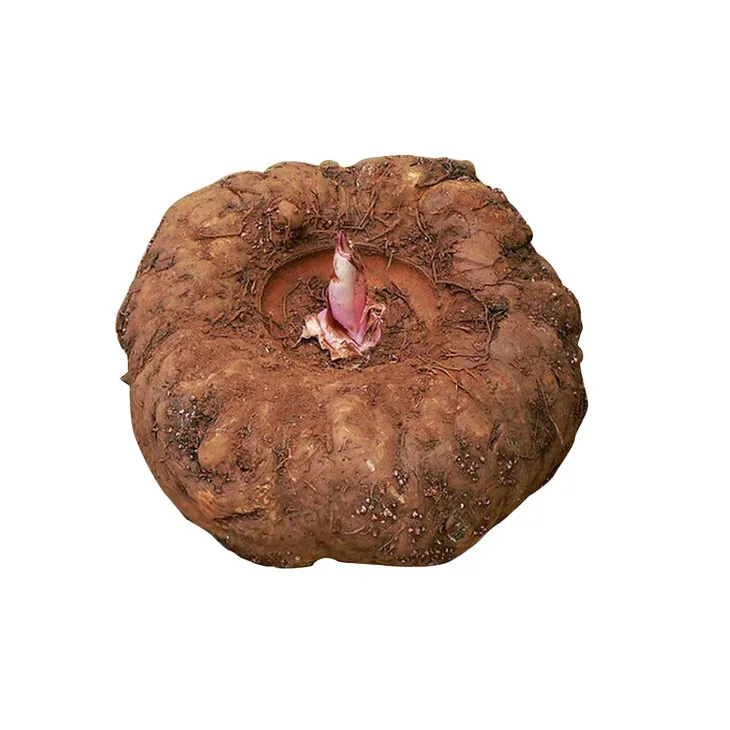
4. Different Forms of Konjac Powder in Skincare
4.1. Konjac Sponges
Konjac sponges are a popular form of konjac powder - based skincare product. These sponges are made by compressing konjac powder into a sponge - like shape. They are typically used for cleansing the face. When wet, the konjac sponge becomes soft and can be gently rubbed over the face to remove dirt, makeup, and dead skin cells. Konjac sponges are available in different shapes and sizes to suit various skin areas and user preferences. They are often recommended for daily use as part of a gentle skincare routine.
4.2. Konjac Masks
Konjac masks are another common form. These masks are usually made by mixing konjac powder with other beneficial ingredients such as herbal extracts, vitamins, or hyaluronic acid. Konjac masks are applied to the face and left on for a certain period, usually around 10 - 15 minutes. During this time, the mask delivers its hydrating, exfoliating, and other beneficial properties to the skin. The mask can then be removed, leaving the skin feeling refreshed and rejuvenated.
4.3. Konjac - Based Cleansers
Konjac - based cleansers are formulated with konjac powder as a key ingredient. They are designed to clean the skin thoroughly while also providing the benefits associated with konjac powder. These cleansers are often gentle enough for daily use and can be used on all skin types. They work by emulsifying dirt and oil on the skin's surface and can be easily rinsed off with water, leaving the skin clean and hydrated.
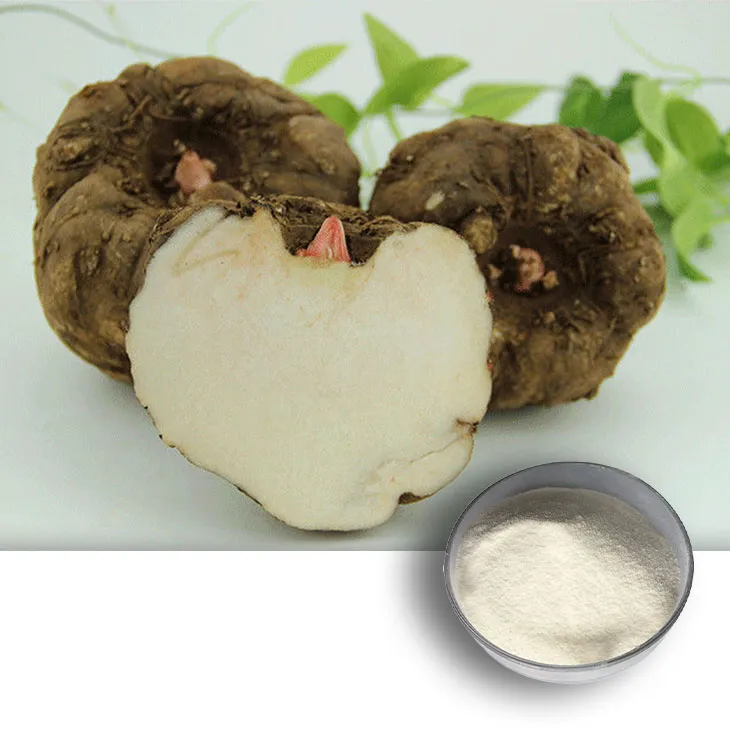
5. How to Use Konjac Powder - Based Skincare Products
5.1. Using Konjac Sponges
- Soak the konjac sponge in warm water for a few minutes until it becomes soft and pliable.
- Gently squeeze out any excess water.
- Using circular motions, gently rub the sponge over your face, focusing on areas with more dirt or makeup, such as the nose, forehead, and cheeks.
- Rinse the sponge thoroughly after use and allow it to dry in a well - ventilated area.
5.2. Applying Konjac Masks
- Cleanse your face thoroughly before applying the mask.
- Open the konjac mask package and carefully unfold the mask.
- Apply the mask to your face, making sure it adheres well to the skin, especially around the eyes, nose, and mouth.
- Leave the mask on for the recommended time, usually 10 - 15 minutes.
- After the time has elapsed, gently remove the mask from the face and discard it.
- Pat any remaining essence on the face into the skin until fully absorbed.
5.3. Using Konjac - Based Cleansers
- Wet your face with warm water.
- Apply a small amount of the konjac - based cleanser to your fingertips or a damp washcloth.
- Gently massage the cleanser onto your face in circular motions, covering all areas of the face.
- Rinse your face thoroughly with warm water until all the cleanser is removed.
- Pat your face dry with a clean towel.
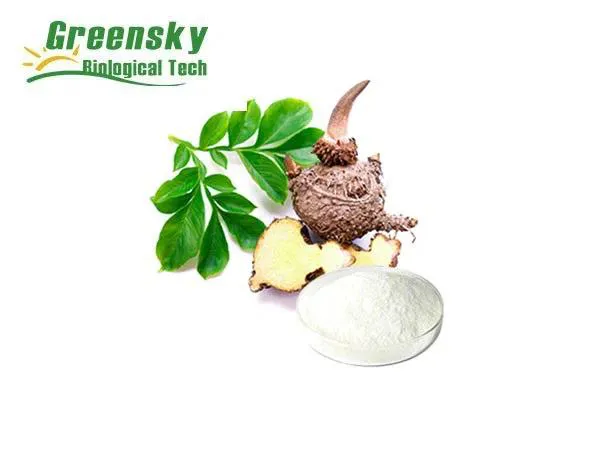
6. Precautions When Using Konjac Powder - Based Skincare Products
While konjac powder - based skincare products are generally safe for most people, there are a few precautions to keep in mind.
- Allergic Reactions: Although rare, some individuals may be allergic to konjac powder or other ingredients in konjac - based products. Before using a new product, it is advisable to do a patch test on a small area of skin, such as the inside of the wrist. Wait for 24 hours to see if there is any redness, itching, or swelling. If there is an allergic reaction, discontinue use immediately.
- Over - Exfoliation: Konjac powder has an exfoliating effect, but overusing products with konjac powder can lead to over - exfoliation. This can cause the skin to become sensitive, dry, or irritated. It is important to follow the recommended usage instructions for each product and not to use konjac - based exfoliating products too frequently.
- Storage: Konjac - based skincare products should be stored properly. Keep them in a cool, dry place away from direct sunlight. Improper storage can cause the products to deteriorate or become contaminated, which may affect their effectiveness and safety.
7. Conclusion
In conclusion, konjac powder is a versatile and beneficial ingredient in skincare. Its unique properties, such as its high glucomannan content, make it an excellent choice for hydrating, exfoliating, and improving the overall health of the skin. Konjac - based products come in various forms, including sponges, masks, and cleansers, allowing consumers to choose the products that best suit their skincare needs. However, it is important to use these products carefully, following the proper usage instructions and taking necessary precautions. With the right approach, konjac powder - based skincare products can be a valuable addition to a healthy skincare routine, helping to achieve smoother, more hydrated, and healthier - looking skin.
FAQ:
1. Is konjac powder safe for all skin types?
Generally, konjac powder is considered safe for all skin types. Since it is a natural product, it is less likely to cause severe allergic reactions. However, as with any skincare ingredient, a patch test is recommended before full - scale use, especially for those with extremely sensitive skin.
2. How does konjac powder form a hydrating film on the skin?
The glucomannan in konjac powder has the ability to bind with water molecules. When applied to the skin, it creates a thin, breathable film that helps to hold moisture in, preventing water loss from the skin's surface, thus forming a hydrating film.
3. Can konjac powder help with acne - prone skin?
Konjac powder can be beneficial for acne - prone skin. Its gentle exfoliating action helps to remove dead skin cells that can clog pores and lead to acne. Also, by keeping the skin well - hydrated without over - clogging pores, it can contribute to a healthier skin environment which may reduce the occurrence of acne.
4. How often should konjac powder be used on the skin?
It depends on your skin type. For normal to dry skin, using it 2 - 3 times a week may be sufficient to maintain hydration and exfoliation. For oily or acne - prone skin, it can be used 3 - 4 times a week. However, over - use may cause irritation, so it's important to monitor your skin's response.
5. Are there any side effects of using konjac powder on the skin?
While konjac powder is generally safe, some people may experience minor side effects. These can include mild irritation, redness, or allergic reactions in rare cases. If any of these symptoms occur, stop using it immediately and consult a dermatologist if necessary.
Related literature
- The Benefits of Konjac Powder in Skincare"
- "Konjac Powder: A Natural Skin - Care Ingredient"
- "Skin - friendly Properties of Konjac Glucomannan"
- ▶ Hesperidin
- ▶ Citrus Bioflavonoids
- ▶ Plant Extract
- ▶ lycopene
- ▶ Diosmin
- ▶ Grape seed extract
- ▶ Sea buckthorn Juice Powder
- ▶ Fruit Juice Powder
- ▶ Hops Extract
- ▶ Artichoke Extract
- ▶ Mushroom extract
- ▶ Astaxanthin
- ▶ Green Tea Extract
- ▶ Curcumin
- ▶ Horse Chestnut Extract
- ▶ Other Product
- ▶ Boswellia Serrata Extract
- ▶ Resveratrol
- ▶ Marigold Extract
- ▶ Grape Leaf Extract
- ▶ New Product
- ▶ Aminolevulinic acid
- ▶ Cranberry Extract
- ▶ Red Yeast Rice
- ▶ Red Wine Extract
-
Yam Extract
2024-11-13
-
Lotus leaf extract
2024-11-13
-
Chaste Berry Extract
2024-11-13
-
Alfalfa Meal
2024-11-13
-
Alisma Extract
2024-11-13
-
Natural grape seed extract
2024-11-13
-
Wheat Germ Extract
2024-11-13
-
Mulberry leaf Extract
2024-11-13
-
Resveratrol extract
2024-11-13
-
Reishi mushroom extract
2024-11-13





















